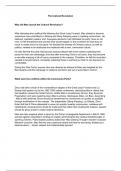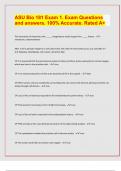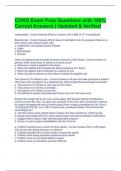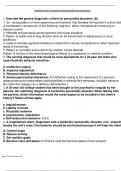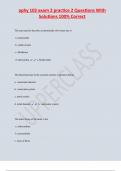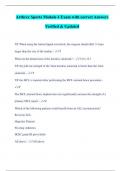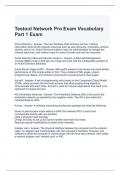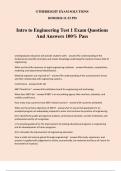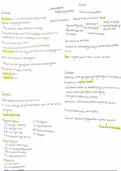Summary
Summary of party tensions and causes of the Cultural Revolution
- Institution
- PEARSON (PEARSON)
Provides a summary of the reasons for Mao launching his Cultural Revolution and describes the internal tensions and conflicts of the Communist Party, in particular between the ideologues (Mao, Lin Biao, Jiang Qing) and the pragmatists (Deng Xiaoping, Liu Shaoqi, Zhou Enlai).
[Show more]
